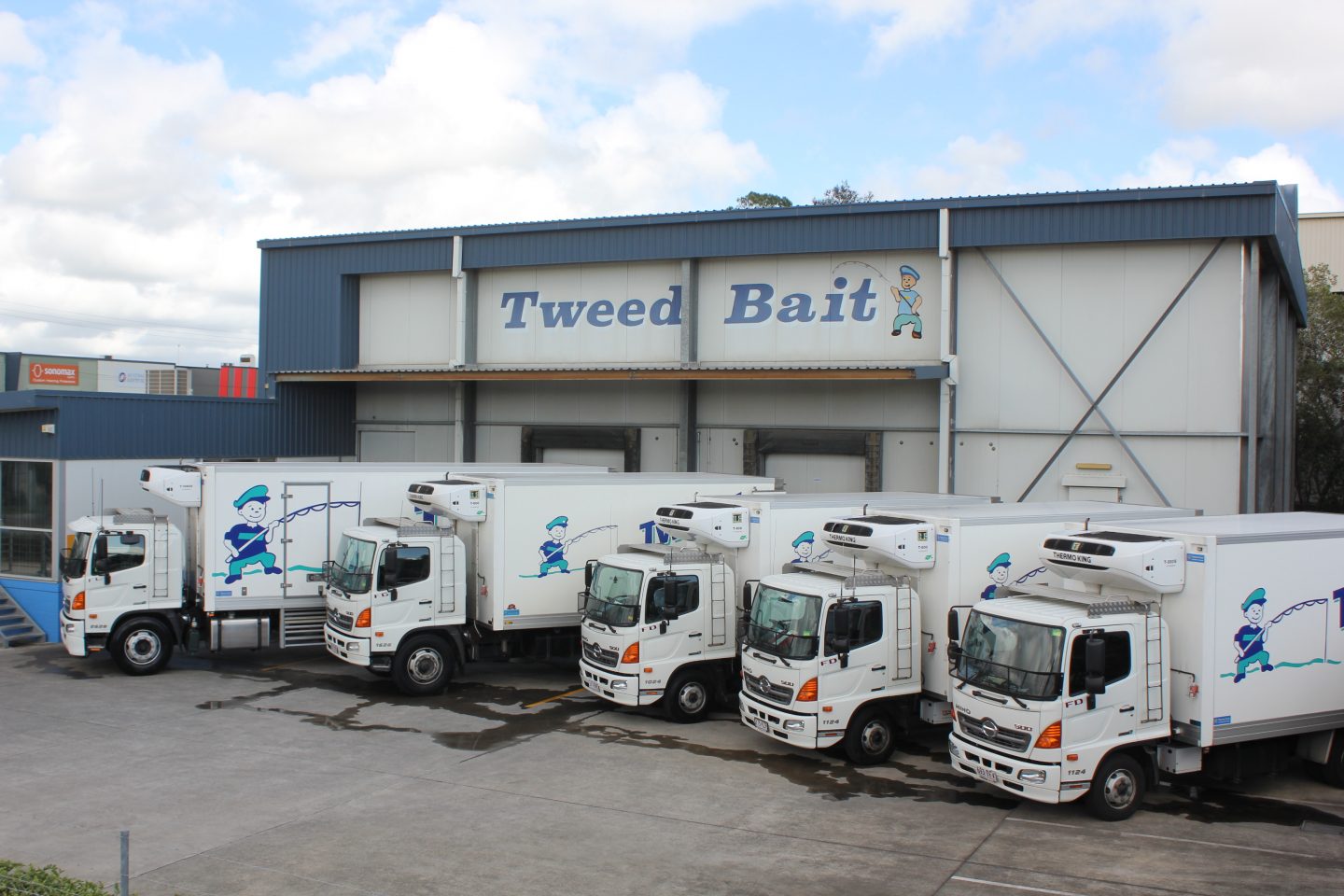Primary industry on its knees

Cattle farmers, strawberry farmers, fishing fleets are all at risk and nobody in government seems to care.
My name is Colin and I represent a significant sector of the seafood industry that has been in turmoil now for 2 years in Brisbane, Queensland. The demise of the seafood markets in Brisbane began in December 2016 and by the 16th March 2017 our industry was on its proverbial knees. A disease, the White Spot Virus was detected in the waters of Moreton Bay.
Authorities along with our Federal and State dignitaries climbed on the band wagon with haste, creating a control zone limiting the sale of uncooked prawn. I was there when the fishermen said ‘we need some help to get through this, we cannot sell our fish, but no one cares’. Our commercial fishers are primary producers and have been left without assistance.
I’m an employee at Tweed Bait and I’m charged with managing our fishing fleet suppliers over the past 45 years together with 1,500 businesses that we supply nationally. Our business is supplying recreational fishing bait sourced from commercial fishers in Moreton Bay. Since the White Spot issue flared up my business has been subsidising the cost to apply remedial treatment to our prawns prior to returning them to our waterways.
Listen to the Queensland Country Hour for more information regarding Tweed Bait: Queensland Country Hour
Also, please join me on the mid-day programme “Landline” at 12.30pm the 30th September for an insight once again into Federal Government blunders.
Author: Colin Le Breton, National Sales Manager / Business Development Manager, Tweed Bait.
Image: Tweed Bait.
The content of this post is provided for information purposes only and unless otherwise stated is not formal QSIA policy. The information on these posts are provided on the basis that all persons accessing the information undertake their own responsibility for assessing the relevance and accuracy of it.

